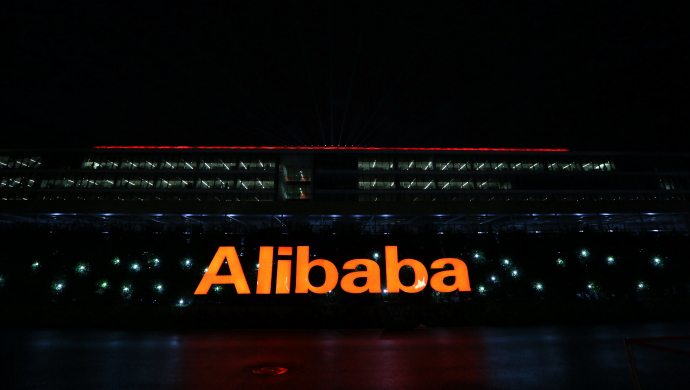Jack Ma pointed to antiquated laws that make counterfeiting a “low risk” crime in China

Jack Ma, one of the most recognisable people in all of China, has publicly called on Chinese authorities to tighten laws and strengthen restrictions surrounding counterfeit goods — a problem that has dogged Alibaba for years.
In an open letter posted on Weibo today, Ma pointed to the decision to toughen laws on on drunk driving in 2011 as an example that the strategy works. (Research performed for the Journal of Epidemiology support his assertions).
Ma called counterfeiting a “low-risk crime” that makes it an impossible problem to solve. This is where the drunk driving comparison was made:
“We need to fight counterfeits the same way we fight drunk driving. For example, if the penalty for even one fake product manufactured or sold was a seven-day prison sentence, the world would look very different, both in terms of intellectual property enforcement and food and drug safety, as well as our ability to foster innovation,” he said.
Fairly remarkable was the decision by Ma to specifically (and publicly) called on the National People’s Congress (the legislature of China) and the Chinese People’s Political Consultative Conference (the advisory board) to make changes. Ma is one of the most recognisable people in the country and what he says is followed closely.
Ma placed the blame on antiquated laws that say a person does not face any criminal charges if caught counterfeiting goods worth less than RMB50,000 (US$7,200). Additionally, the maximum jail time for counterfeiting is seven years.
Also Read: Alibaba avoids US counterfeiting naughty list
“Last year, law enforcement agencies poured tremendous resources into anti-counterfeiting. But due to lax existing laws, they couldn’t bring criminals to justice. For example, with the help of big data, Alibaba came up with 4,495 leads to cases for offline investigations, which resulted in the successful criminal prosecution of 469 cases — less than 10% of the leads we provided,” Ma wrote.
Alibaba’s counterfeit problem
While Alibaba has grown into the most important company in Asia’s e-commerce industry, it has yet to completely solve the counterfeit goods problem on its platforms.
For years, Alibaba has flirted with being on the US Office of the Trade Representative’s list of notorious counterfeit markets. In 2015, the company barely avoided making the naughty list. It was not so fortunate in 2016.
As Alibaba begins to compete outside of China (especially with its American counterpart Amazon), being included as a counterfeit violator hurts the company’s reputation abroad. The list includes companies like The Pirate Bay, who nobody would ever confuse with a legal media streaming site.
To fight the problem, Alibaba is employing big data and detection models to track counterfeiters. According to Alibaba, counterfeiters usually only pass the bare minimum standards for listing their company on platforms like TaoBao.
Also Read: Baidu rumoured to invest in electric car startup solidifying autonomous car strategy
The source of the problem, according to Ma, is manufacturers (A bit of a chicken and egg argument — if the goods aren’t being sold, they won’t be produced). Regardless, Ma wants authorities to point their eye towards eradicating illegitimate factories.
Finally, Ma concluded the open letter with a stinging commentary:
“Only when we start tackling the fundamentals, will our country truly transition from a leader of manufacturing to a leader of innovation – from “rule of words” to “rule of law”.”
—
The post Comparing counterfeits to drunk-driving, Jack Ma calls on Chinese lawmakers to strengthen laws appeared first on e27.